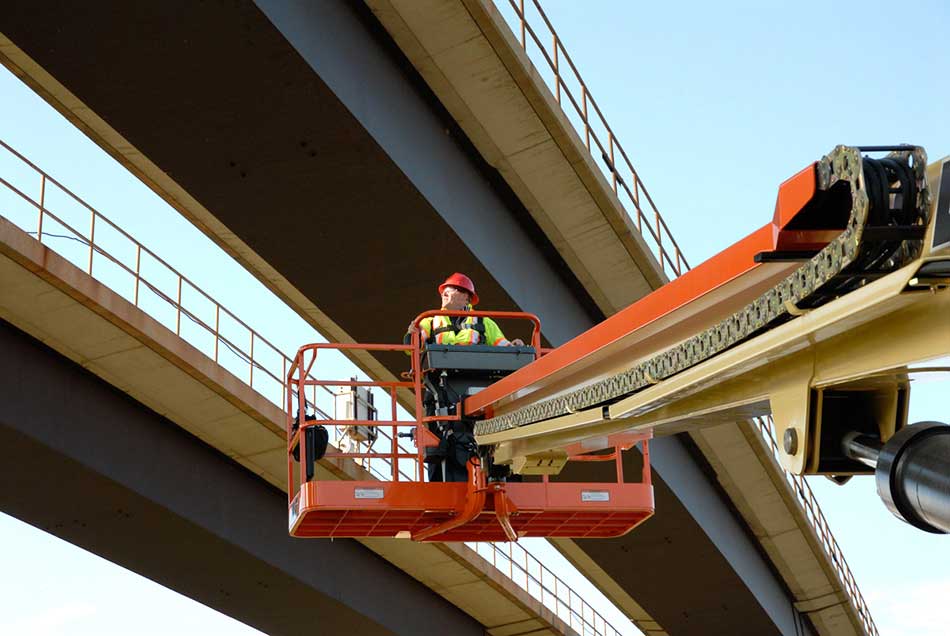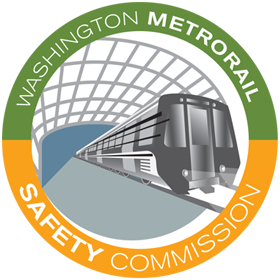WHO WE ARE
The Washington Metrorail Safety Commission is the independent entity with oversight and enforcement authority to ensure continual safety improvements in WMATA’s Metrorail system.
The commission is also responsible for safety event investigations in the rail system.
Six commissioners and three alternates serve on the commission’s board. The District of Columbia, Maryland and Virginia each appoint two commissioners and one alternate. Each member must have expertise in transportation safety or related fields.
Among other responsibilities, the board reviews Metrorail’s safety plans, adopts investigation reports, considers Metrorail’s progress on Corrective Action Plans, and sets the Program Standard outlining how commission staff conduct their crucial oversight work.
The commission’s daily operations are led by the Chief Executive Officer who oversees a highly trained staff that regularly conducts inspections, audits, reviews and other oversight.
Part of that work includes monitoring and reviewing Metrorail’s efforts to fix issues identified in investigations, audits or other reviews.
Commission staff include experts in all aspects of the Washington Metropolitan Transit Authority’s Metrorail system including operations, traction power, train control and signals, track and structures, and fire/life safety. As the only standalone State Safety Oversight Agency in the nation, the commission also handles all aspects of its own operations with the financial support of federal grants and funding from Virginia, Maryland and the District of Columbia.
The three jurisdictions, with the approval of Congress and the president, created the commission through an interstate compact that was signed into law in August 2017 after several years of hard work.
After substantial additional efforts to actually stand up the commission, the Federal Transit Administration certified the commission to assume direct oversight responsibility for Metrorail in March 2019. The certification met a nationwide federal deadline for jurisdictions with rail transit systems to establish State Safety Oversight Agencies.

One substantial difference between the commission and Metrorail’s oversight under the earlier Tri-State Oversight Committee is the commission’s significant enforcement authority.
Among other powers, the commission can, in the event it is necessary, require Metrorail to restrict, partially suspend or even completely shut down rail service.
While the Washington Metrorail Safety Commission plays a crucial role in the safety of the system, the WMSC does not operate Metrorail; that responsibility is held by WMATA.

